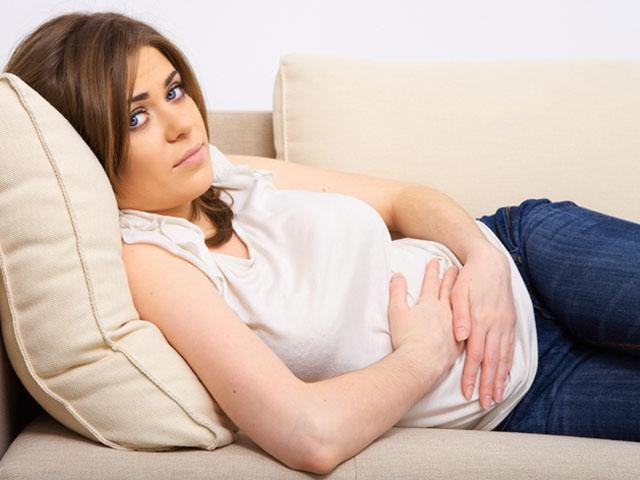Causes and symptoms of adhesions of intestines
Often adhesions are observed in the caecum, because it is able to change its shape and position can easily shift to the small pelvis or in the upper part of the abdomen. One of the reasons for the appearance of adhesions of the intestine is poor diet. Adhesions can occur after surgery, and adhesions may appear years after surgery.
The pathological process in the intestine may occur as a result of inflammatory diseases of the gastrointestinal tract with acute. In such cases, the dense adhesions that prevent the spread of inflammation to the surrounding tissues. Medicines (especially antibiotics) introduced into the abdominal cavity, are also causes the formation of adhesions.
Adhesions can cause physical activity.
The main symptom of adhesions in the intestine is pain, often has a colicky. It is localized in the place of formation of intestinal obstruction and then covers the entire belly. When adhesions occur, the barrier to move food that contributes to the appearance of the inflammatory process (peritonitis).
To the secondary symptoms of adhesions of the bowel include nausea, vomiting, constipation, flatulence, sudden weight loss, change in emotional state (there is irritability). In the future there can be problems on the part of the cardiovascular system.
Treatment and prevention of adhesions of the intestine
People with a high predisposition to the appearance of adhesions should be excluded from the diet foods that cause flatulence. In this case, the optimal is use of products with low content of roughage. It is very important not to starve and do not overeat. You need to eat often - 6-7 times a day, the portions should be small.
Formed of large adhesions are removed surgically with a laser or electrocautery.
Prevention of adhesions in the bowel after surgery, the patient should be on the second day after surgery to make turns from one side to the other, to carry deep breaths. With the improvement of the condition need to do bends and torso twists.
The food in the postoperative period needs to be liquid, to eat often in small portions. In the postoperative period shows the course of physiotherapy. In particular, electrophoresis promotes the resorption of fibrin released into the abdominal cavity, and thus preventing adhesive disease.
